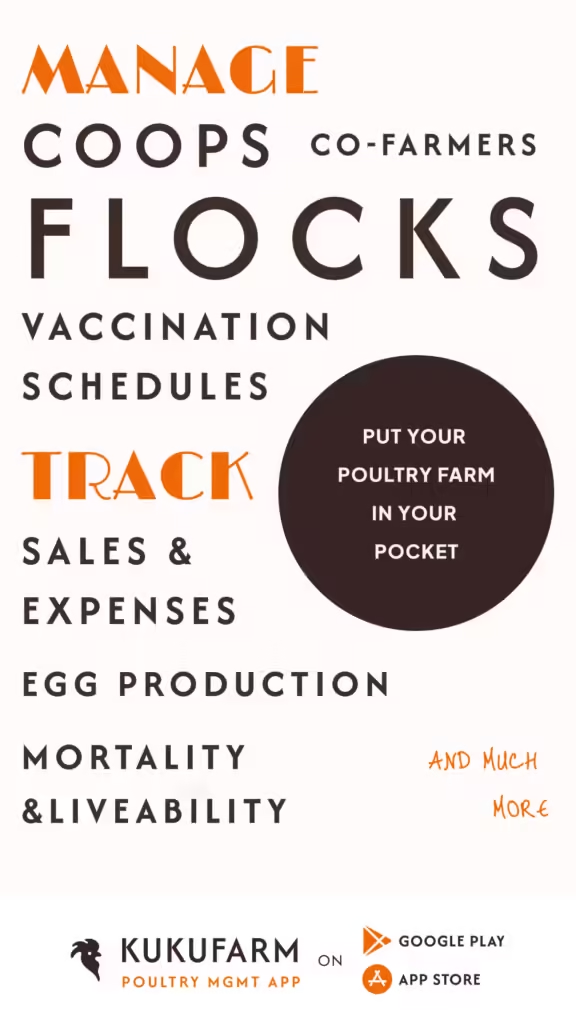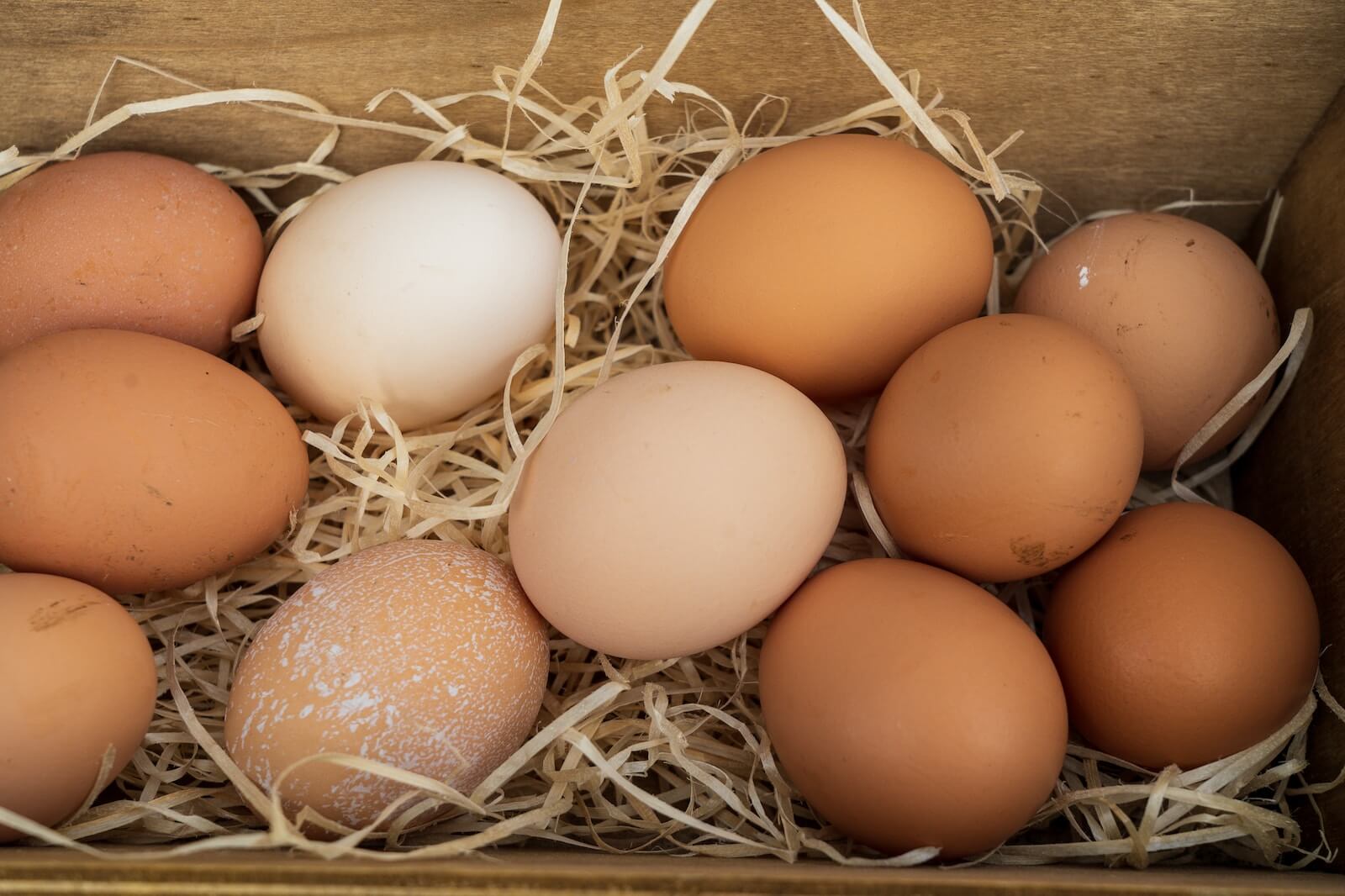Chickens are amazing creatures that can provide us with fresh eggs on a regular basis. However, there are times when your chicken stop laying eggs while still in their production lifecycle.
With a basic care and attention, you can keep your flocks producing eggs for the duration of their egg production life.
You may also be interested in 19 Eggshell quality problems and their causes.
5 reasons chicken stop laying eggs:
Old age
Chicken produce less eggs as they age. Single purpose layers birds reach peak egg production when they are about 2 years old. Heritage and some dual purpose hens can reach peak egg production later.
After hens have reached peak egg production, their production rate gradually declines. Eventually, depending on the breed and purpose, the chicken stop laying eggs. Some breeds have longer lifespans than others, a difference that also applies to egg production period.
Poor nutrition
Just like other animals, hens require high quality, nutritious feeds and access to clean water in order to lay eggs. Low quality feed without sufficient nutrient such as protein and calcium, may result to a stoppage of egg production in a flock.

As a rule of thumb ensure that your flock feeds on quality feeds specifically formulated for egg production. Additionally ensure your hens have access to clean water for proper hydration.
Stress
Hens and poultry birds are quite sensitive to changes in their environment. Their sensitivity means that they can easily get stressed. Factors that might stress chicken include changes in coop climate, unsuitable coop climate, poor hygiene conditions, predation, or disease. Stressed hens may stop producing eggs.
Health problems
Most poultry diseases cause a drop in egg production, and can also cause stoppage. Diseased hens will have other symptoms to indicate an illness. These may include loss of appetite, loss of mobility, drooping head and weight loss.
Egg binding, vent prolapse, and molting are some common health problems that can affect egg production. If you are uncertain whether your flock is diseased, consult a certified poultry vet.
Insufficient light
Hens need at least 10 hours of day light in order to lay eggs. Lack of access to sufficient day light, can result to a loss of egg production in a flock. It is important to provide chickens with artificial light during the winter months, when the days are shorter.
Key takeaways
- Ensure your hens’ feed are of high quality and formulated accordingly
- Apply disease prevention measures such as vaccination to minimize the loss of egg production as a result of disease.
- Provide them with fresh food and water daily.
- Add calcium and other supplements to feed as per your flocks’ needs.
- Give them 14 hours of daylight per day.
- Monitor their health for any signs of illness.
- Consult a certified vet if your flock show symptoms or are diseased


